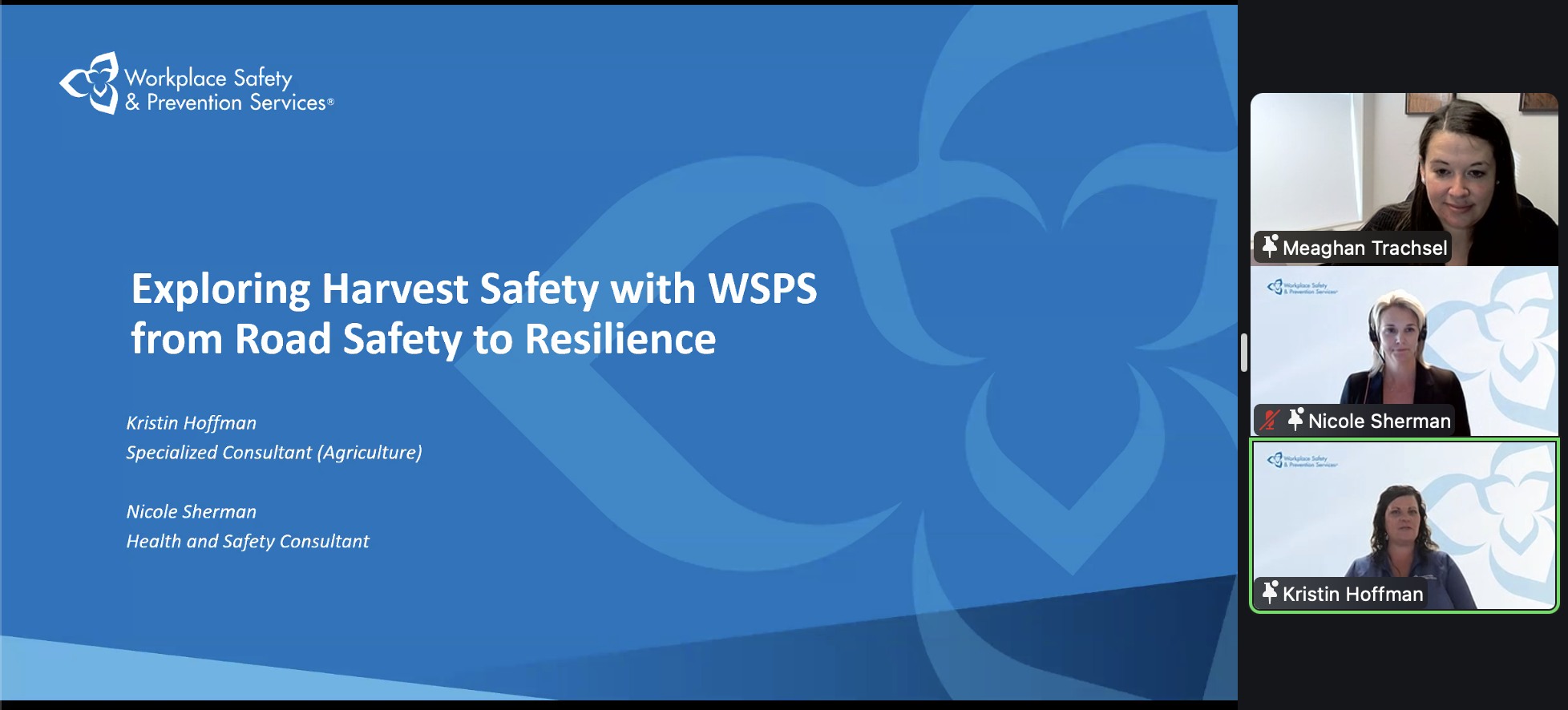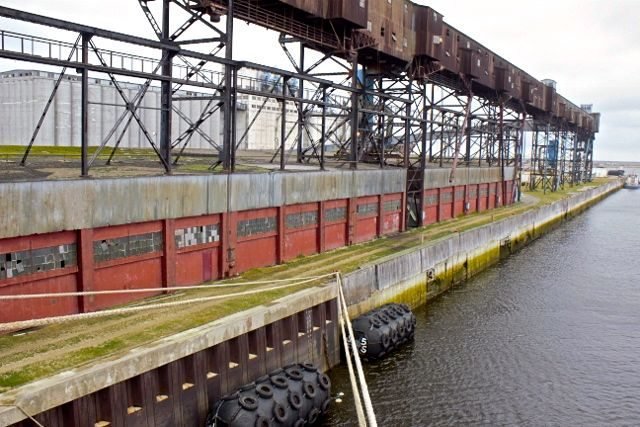CNS Canada — The harsh winter of 2013-14 appears to have taken a toll on the tonnage of grain and oilseeds shipped through Hudson Bay during its now-concluded shipping season.
Just 540,000 tonnes of wheat and other products including durum and canola were shipped through the Port of Churchill in 2014. Last year, that number stood at 636,000 tonnes, according to Merv Tweed, president of OmniTrax Canada.
The northern Manitoba port, served by OmniTrax’s Hudson Bay Railway running northeast from The Pas, Man., is Canada’s only deepwater Arctic port, with a typical shipping season running from late July through October.
Read Also

Tips for staying safe this harvest season
Kristin Hoffman of WSPS explains measures for increased farm safety around harvest season
A quick freeze at the beginning of winter and slow thaw made the ground difficult for OmniTrax’s rail crews to deal with, according to Tweed.
“The permafrost coming through the ground just created a challenge every day for us to move grain cars,” he said.
Normally, OmniTrax spends $2.5 million to $3 million per year maintaining the railroad for shipments to Churchill, but with all the challenges thrown at it last winter, Tweed said that number was close to $10 million.
“Our last ship also left the Port of Churchill on the 6th (of November). That’s a week earlier than last year,” he said, adding the company was also forced to shut the line for two weeks due to maintenance challenges.
While 75 per cent of the product moved was wheat, Tweed noted an increasing amount of canola was also sent out.
“We (usually) do one or two boats a year; this year I think we did four and interest was growing,” he said.
Train cycles
Looking ahead to next year, Tweed is optimistic the winter won’t be as challenging and the port will be able to ship more product.
OmniTrax, he noted, has recently completed some measures aimed at streamlining the port’s operations.
For one, it now has a facility at The Pas allowing local farmers to load up rail cars on the spot.
OmniTrax has also shortened the turnaround time for those cars to reach their destination and return, Tweed said.
“In the past, train cycles from The Pas to Churchill could take 14 to 16 days; we’ve reduced that to 6.2 days,” he said.
— Dave Sims writes for Commodity News Service Canada, a Winnipeg company specializing in grain and commodity market reporting.












